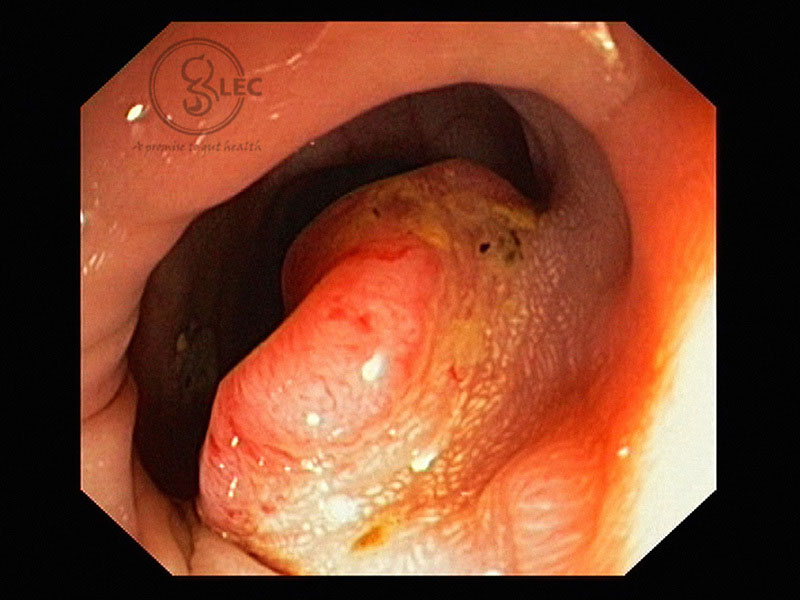Colonic Tumor Removal
Colonic Tumor Removal
A colon tumor can be defined as an abnormality where cells grow rapidly within the colon.
If the spread of cells takes place throughout the tissue reaching the end of the colon it is called colorectal cancer.
Colon tumors that are non-invasive and non-cancerous are called benign polyps. Although, benign polyps do not result in cancer, if not managed timely they can result in benign polyps.
Signs and symptoms:
- Weight loss
- Changes in bowel routine
- Persistent fatigue and weakness
- Blood in stool
- Abdominal pain
Screening
Benign polyps can be removed by colonoscopy.
Colonic tumor screening can be performed through different tests such as: a digital rectal exam, a sigmoidoscopy, fecal blood tests and double contrast barium enema.
Diagnosis
Diagnosis of benign tumors within the colon and rectum requires following methods:
- Complete examination
- Endoscopy can be performed depending on the segment that has to be removed including anoscopy, or colonoscopy.
- Biopsy allows removal of a tumor section that undergoes microscopic examination.
- Imaging modalities are used to assess the tumor size and location. Such as X-ray, MRI scan, CT scan, and ultrasound.
Management
Surgery
- It is the most common treatment modality for colorectal cancer.
- The entire tumor is removed with some portion of colon consisting the tumor along with the normal tissues and lymph nodes.
- Healthy tissues of the intestine are reattached.
Additional treatments such as radiation therapy and chemotherapy are recommended at pre- or post-surgery. It helps to shrink the tumor so that easy removal is possible.
Endoscopic surgery:
- It uses a scope and camera. It ensures simple and quick examination of colon. There is no requirement of incision thereby less discomfort and pain.
- It may also include colonoscopy, anoscopy, flexible and rigid sigmoidoscopy.
Minimal invasive colorectal procedures:
- It has a short recovery period, less need of incisions and less bleeding.
- Indicated during surgeries such as transanal endoscopic microsurgery, rectal prolapse, and laparoscopic colectomy.
Open abdominal surgeries:
Indicated during surgeries such as segmental colectomies, small bowel resection, low anterior resection, and repair of rectal prolapse.

